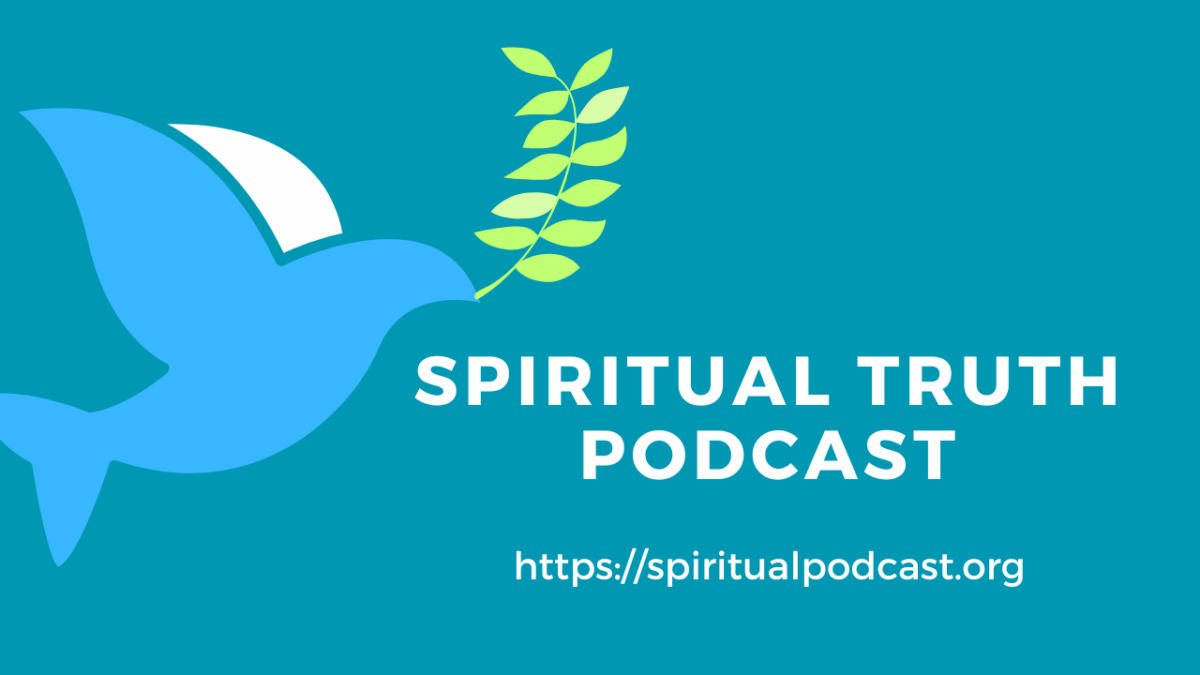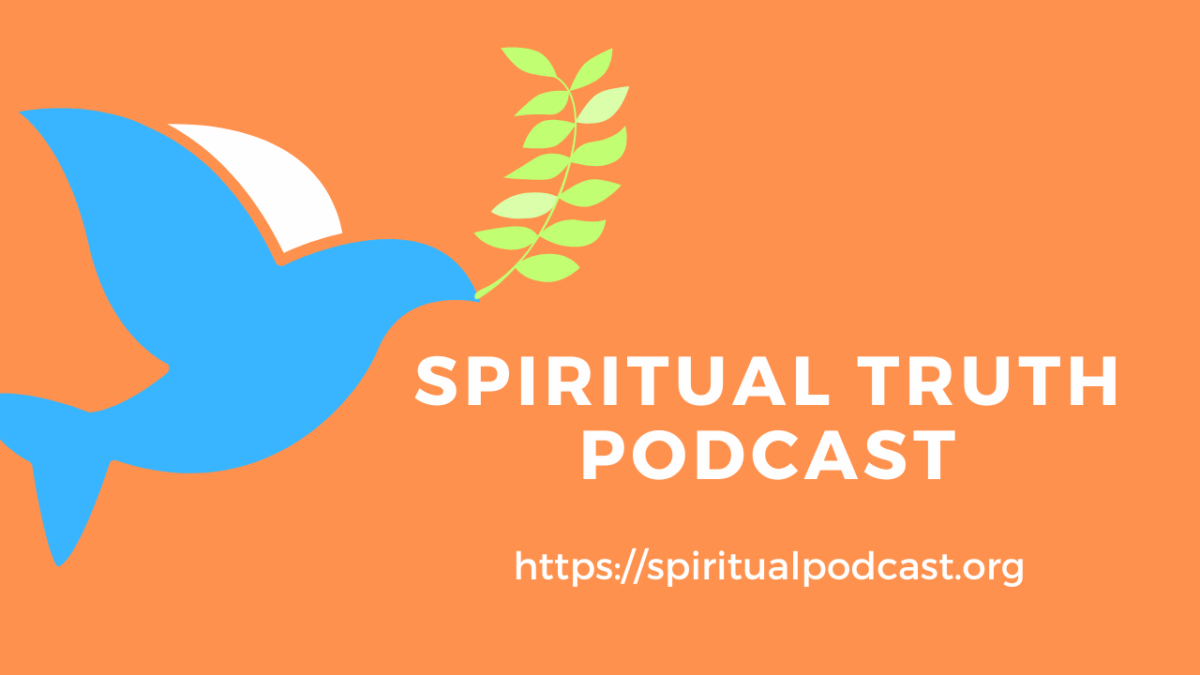Unthankful, Unloving, and DisobedienT to Parents and others will be visibly rampant in the End Times
Unthankful, Unloving, and Disobedient in the Last Days
Hello and welcome back to The Spiritual Podcast, where we dive deep into the Scripture that shapes our lives, our faith, and our world. I’m your host, Elder Dan. Today, we’re tackling a heavy but super relevant topic. It’s one that hits close to home for a lot of us, whether you’re a parent, a son, a daughter, or just someone trying to make sense of the world we’re living in. We’re talking about 2 Timothy 3, where Paul lays out a pretty sobering picture of what people will be like in the “End Times.” Specifically, we’re zeroing in on three traits: being unthankful, unloving, and disobedient to parents. Buckle up, because this one’s going to make you think.
If you’d rather listen to this, just click the play button below. 🙂
Episode is also available to listen free in other Pod Networks below.
So, let’s set the scene. In 2 Timothy 3, Paul’s writing to his young friend Timothy, and he’s not mincing words. He says, “But mark this: There will be terrible times in the last days. People will be lovers of themselves, lovers of money, boastful, proud…” and the list goes on. But today, we’re focusing on this bad trio: unthankful, unloving, and disobedient to parents. Now, if you’re like me, when you read that, you might think, “Wow, that sounds a little too familiar.” Let’s break it down and talk about what this means for us, especially for the younger generation—sons and daughters navigating this wild, fast-paced world.
Unthankful: Missing the Gratitude Vibe
First up, unthankful. The Greek word here is acharistos, which literally means “without gratitude” or “ungrateful.” It’s not just forgetting to say “thank you” when someone holds the door. It’s a heart posture—a refusal to recognize the good things in your life, whether they come from Almighty Yahweh, your parents, or even strangers. And let’s be real: we live in a culture that doesn’t exactly scream gratitude. Scroll through social media, and it’s all about what you don’t have. The perfect body, the dream job, the viral moment. We’re bombarded with messages that say, “You’re not enough, and neither is what you’ve got.”
How often do you hear parents give their kids fantastic presents, like a new phone or a trip to a cool place, and then within days, the kids start complaining again? “Mom, this phone doesn’t have the new camera,” or Why can’t we go to Europe instead, like my friend?” It’s like gratitude has a half-life of about 48 hours. And I get it—teens and even adults are wired to push boundaries, but this unthankful vibe? It’s deeper than that. It’s like we’re training ourselves to always want more, never pausing to say, “Wow, I’m blessed.”
Paul’s warning here isn’t just about kids rolling their eyes at their parents. It’s about a world where people stop seeing the hand of the Elohim in heaven, Yahweh, in their lives. When we’re unthankful, we’re essentially saying, “I deserve all this, and it’s still not enough.” That’s a dangerous place to be, because it blinds us to the bigger picture—Yahweh’s provision, His grace, and even the sacrifices of the people around us.
Unloving: When the Heart Grows Cold
Next, Paul talks about being unloving. The word in Greek is astorgos, which means “without natural affection.” It’s the kind of love you’d expect to be a given—like the love between parents and kids, siblings, or close family. But in the last days, Paul says, even that’s going to erode. People will become cold, detached, more focused on themselves than on the ones they’re supposed to care about.
I don’t know about you, but this one hits hard. I think about my own family growing up. We had our fights, sure, but there was this unspoken bond. You just knew your parents had your back, and you’d do anything for your siblings, even if they drove you nuts. But today? It’s like we’re seeing families drift apart. Kids ghost their parents’ calls. Parents are too busy to really connect. And don’t get me started on how people treat strangers—road rage, online arguments, it’s like so many have forgotten how to care for each other.
I read this story on social media about a woman who hadn’t spoken to her dad in years over some petty argument. She said she felt “freer” without her dad in her life. And I’m not here to judge her situation—sometimes family dynamics are messy—but it made me wonder: Are we normalizing cutting people off instead of working through the hard stuff? Real love is not messy. It’s patient, it’s kind, it’s forgiving, like 1 Corinthians 13 says. But being unloving? That’s choosing to shut down, to build walls, to say, “I’m good on my own.”
In the end times, Paul’s saying this isn’t just a one-off. It’s a trend. People will prioritize themselves over relationships, even the ones that are supposed to be sacred. And when that happens, families start to crumble, and so does the fabric of our communities.
Disobedient to Parents: The Rebellion Factor
Finally, disobedient to parents. The Greek here is apeithes, which carries this sense of stubborn rebellion, not just a kid sneaking an extra cookie. It’s a deliberate choice to reject authority, to say, “I’m doing things my way, and you can’t tell me otherwise.” Now, let’s be clear: questioning authority isn’t always bad. Kids need to learn to think for themselves. But there’s a difference between healthy independence and outright defiance that disrespects the people who’ve poured their lives into you.
Not long ago, I was chatting with my elderly friend, Joe, and he was telling me how he’s seeing this shift. Kids today aren’t just pushing back against rules; they’re dismissing their parents’ wisdom entirely. “My parents don’t get it,” they’ll say. “They’re old-school, out of touch.” And sure, parents aren’t perfect. Sometimes they are out of touch. But this disobedience Paul’s talking about goes beyond teenage angst. It’s a heart that says, “I don’t need you, and I don’t respect you.”
Think about what that does to a family. Parents feel helpless, kids feel untethered, and the whole dynamic falls apart. The Bible is clear about honoring your father and mother—it’s not just a suggestion, it’s a command with a promise (Exodus 20:12). But in the last days, Paul’s saying, this rebellion will be rampant. And when you pair that with being unthankful and unloving? It’s a sure recipe for chaos!
What Do We Do About It?
Okay, so this all sounds pretty grim, right? You might say, “Wow, Elder Dan, thanks for the doom and gloom.” But here’s the thing: Paul didn’t write this to scare us. He wrote it to wake us up. If we’re seeing these traits—unthankful, unloving, disobedient—in ourselves or the world around us, it’s a call to action. So, let’s talk about how we can push back against this tide.
First, gratitude. Start small. Maybe it’s saying thank you to your mom for dinner, or pausing to pray and thank Yahweh for one thing each day. Gratitude shifts your perspective. It’s like putting on glasses that help you see the good instead of the gaps.
Second, love. Real, intentional love. If you’re a son or daughter listening, maybe reach out to your parents today. Send a text, have a conversation, even if it’s awkward. If you’re a parent, make time to really listen to your children, not just lecture them. Love doesn’t fix everything overnight, but it’s a start.
And finally, obedience. Not blind obedience, but a posture of respect. For young kids and elder children, that might mean listening to your parents’ advice, even if you don’t agree. For all of us, it’s about honoring the authorities Yahweh has placed in our lives—His Word (The Bible), parents, and good leaders in our society.
Wrapping It Up
Friends, 2 Timothy 3 isn’t just a warning about the end times; it’s a mirror. It’s asking us to look at our hearts and ask, “Am I living with gratitude? Am I loving well? Am I honoring the people Yahweh has put in my life?” The last days might be here, or they might be coming, but either way, we’ve got a choice. We can lean into these bad traits of being unthankful, unloving, disobedient—or we can choose a different path. A path of gratitude, love, and honor.
Thank you for joining me today on The Spiritual Podcast. If what I’m saying makes sense to you, I’d love to hear your thoughts. Drop a comment below or shoot me a message. And if you’re feeling convicted, maybe share this with someone you love. Let us keep the conversation going. You’re also welcome to listen to our past episodes here and also visit our sister website by clicking here to read and learn more genuine truths from the Bible.
Brethren, before I go, let me pray this prayer for you: May Yahweh bless you and keep you; may Yahweh make His face shine upon you and be gracious to you; may Yahweh lift up His countenance upon you and give you peace. I humbly pray all these things to Yahweh through Yahshua the Messiah, our Master and coming King, amen. Kindly keep praying for the shalom of Israel. Take care. Halleluyah!

